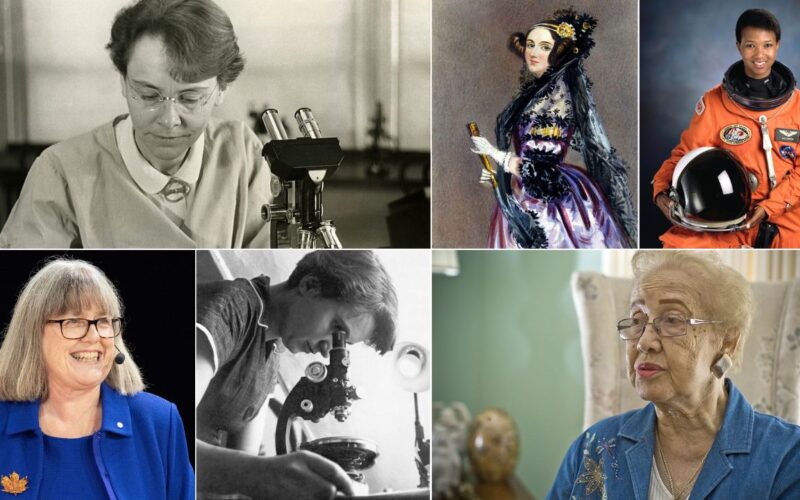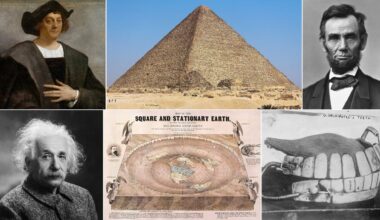Think science has always been a boys’ club? Think again. From discovering radiation to mapping DNA, women have transformed every corner of science, often without the credit they deserved. These trailblazers broke barriers, made history, and redefined what was possible in fields once closed to them. Their achievements aren’t just inspiring, they’re essential knowledge for students of all ages. Let’s meet 12 female scientists who changed the world forever.
1. Marie Curie
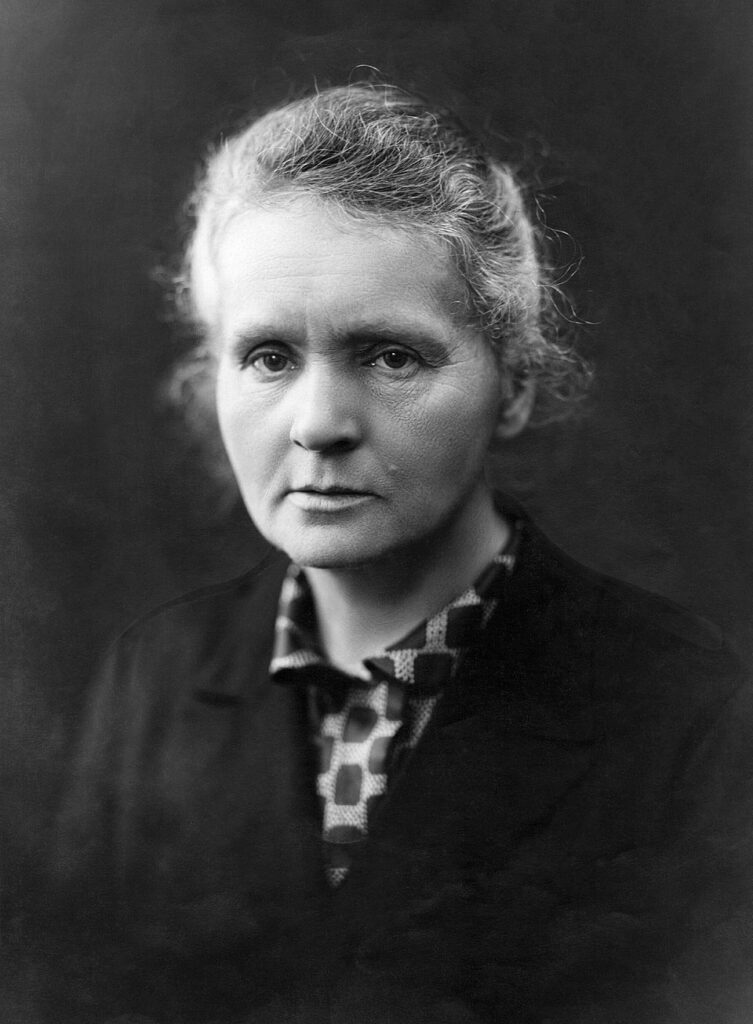
Marie Curie was the first woman to win a Nobel Prize, and the only person to win in two different sciences. Her groundbreaking work with radioactivity led to the discovery of polonium and radium, and revolutionized medicine and physics. Despite facing sexism and political obstacles, Curie’s research laid the foundation for cancer treatments and nuclear energy. She remains a symbol of brilliance, perseverance, and scientific courage.
2. Rosalind Franklin
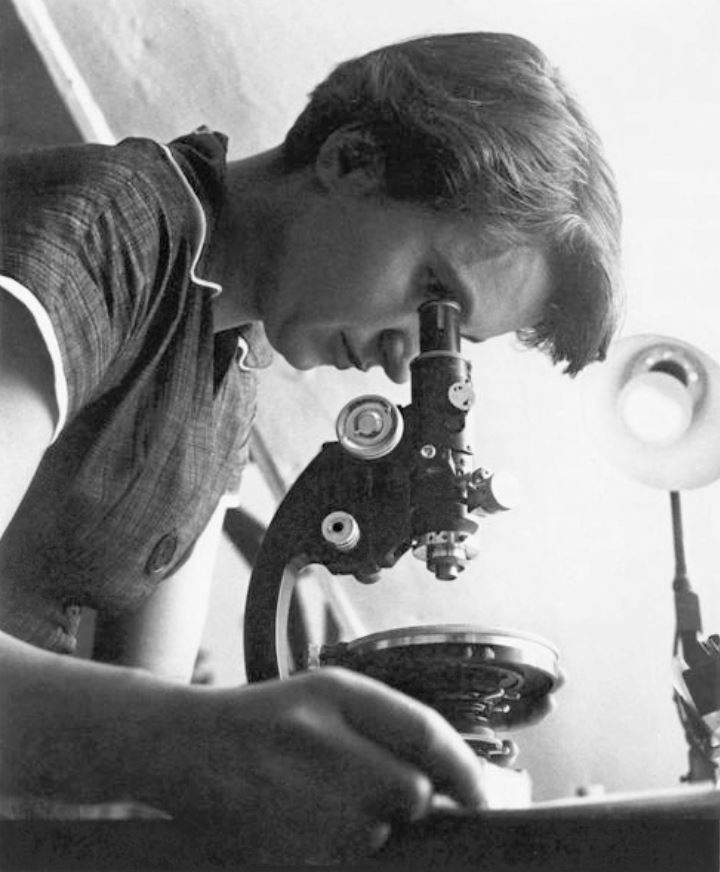
Rosalind Franklin’s work was crucial in uncovering the structure of DNA. Her famous “Photo 51” provided the key evidence for the double helix, though credit went largely to others. A master of X-ray crystallography, Franklin also made major contributions to understanding viruses and coal. She was ahead of her time, and only decades later has she been widely recognized as a DNA pioneer in her own right.
3. Katherine Johnson

A brilliant mathematician, Katherine Johnson helped NASA put a man on the moon. Her complex manual calculations ensured the success of early space missions, including John Glenn’s orbit. As a Black woman working in a segregated agency, Johnson overcame racial and gender barriers with quiet brilliance. Her legacy lives on as a role model for anyone breaking boundaries in STEM and beyond.
4. Chien-Shiung Wu
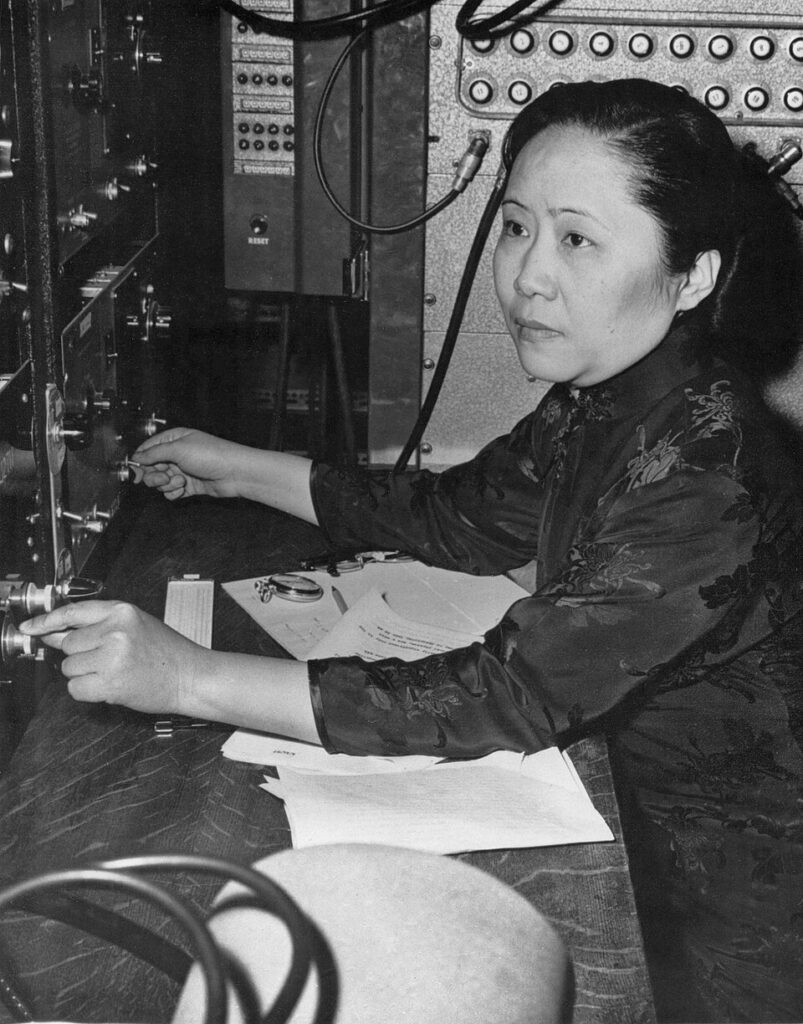
Known as the “First Lady of Physics,” Chien-Shiung Wu conducted a famous experiment that disproved a major law of physics, parity conservation. Her work on nuclear beta decay was essential to the Manhattan Project and modern particle physics. Despite her contributions, she was overlooked for the Nobel Prize awarded to her male colleagues. Wu’s story is one of intellect, determination, and historic scientific impact.
5. Barbara McClintock
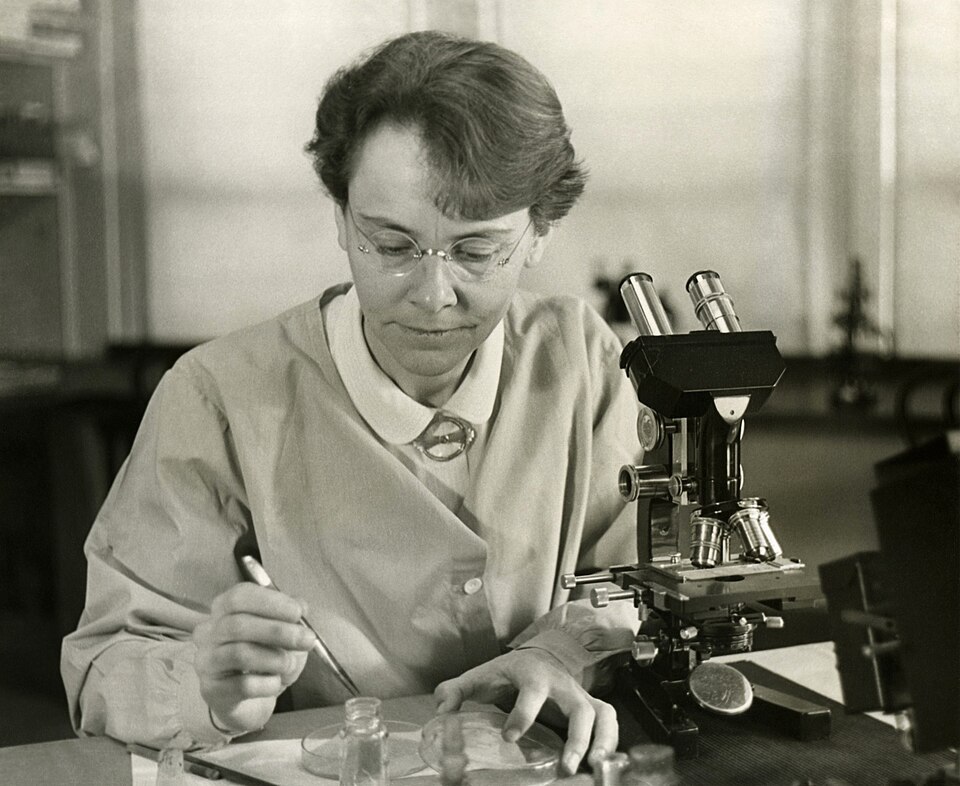
Geneticist Barbara McClintock shocked the scientific world by discovering “jumping genes”, DNA sequences that move within the genome. Her findings were initially dismissed but later revolutionized genetics. In 1983, she won the Nobel Prize in Physiology or Medicine, becoming the first woman to receive it solo. Her work laid the groundwork for modern genetic engineering and personalized medicine.
6. Jane Goodall
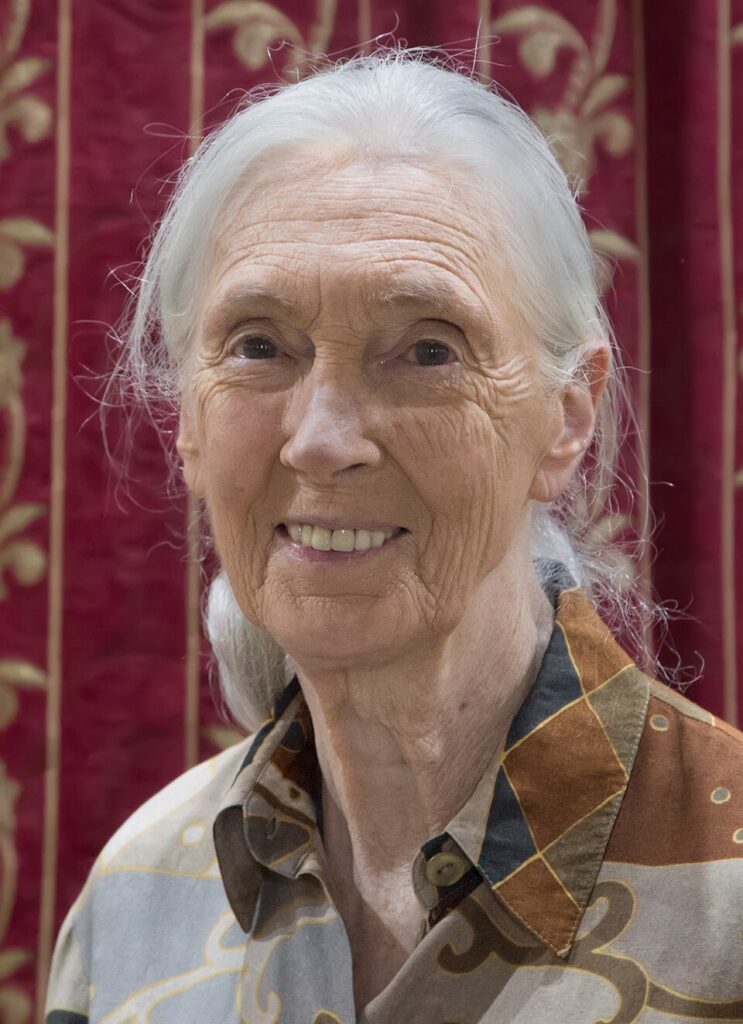
Jane Goodall changed how we see animals and ourselves. As a primatologist, she spent decades studying chimpanzees in Tanzania, uncovering their tool use, emotions, and complex social lives. Goodall’s gentle approach and groundbreaking observations reshaped science and conservation. Beyond research, she’s a global advocate for environmental protection and animal rights, inspiring generations to respect and protect the natural world.
7. Vera Rubin
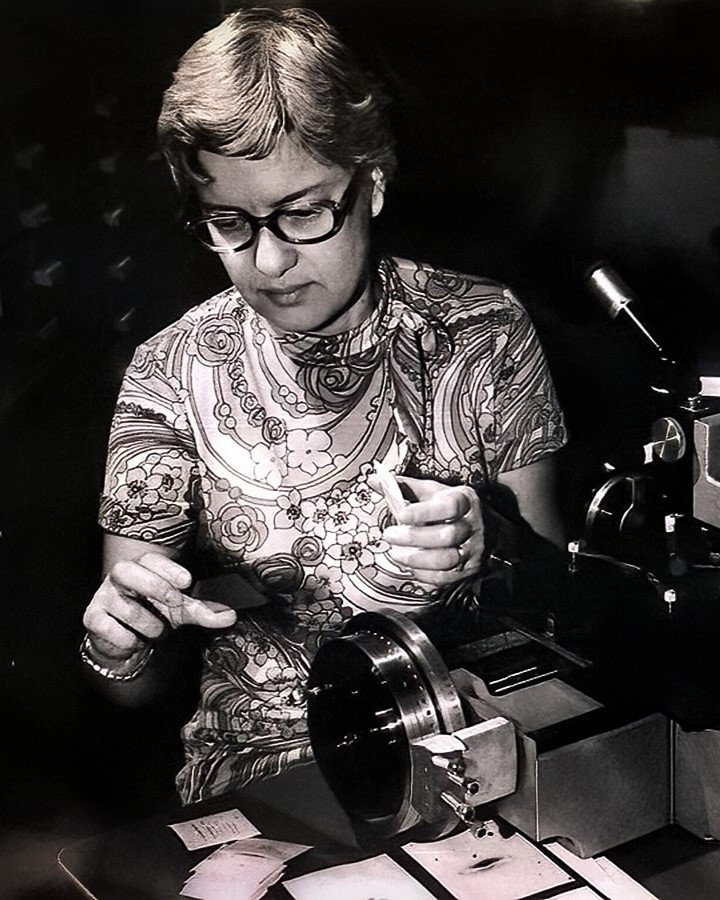
Vera Rubin proved that dark matter exists. While observing galaxies, she noticed stars at their edges were moving too fast, something invisible was affecting them. Her data confirmed that most of the universe is made of unseen matter. Despite her discoveries, Rubin never received a Nobel Prize, sparking conversations about gender bias in science. Today, she’s celebrated as a cosmic pioneer.
8. Ada Lovelace
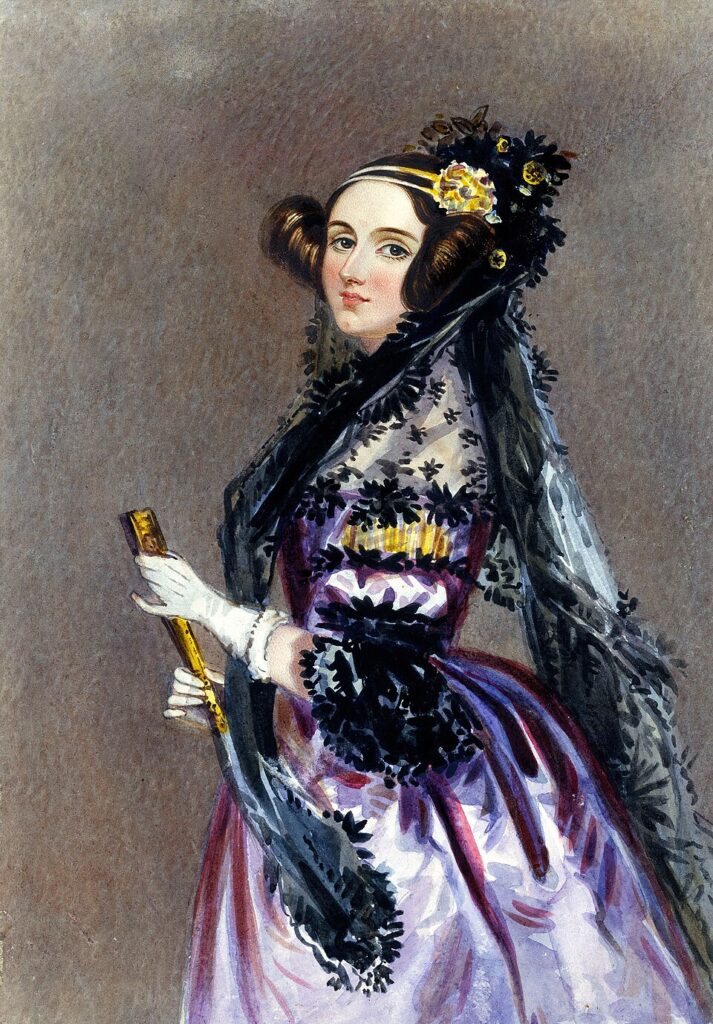
Long before computers existed, Ada Lovelace imagined their potential. In the 1800s, she worked on Charles Babbage’s Analytical Engine and wrote the first algorithm intended for a machine, earning her the title of the world’s first computer programmer. Lovelace saw beyond number crunching, envisioning machines creating art and music. She’s now a tech icon whose vision predicted our digital future.
9. Mae Jemison
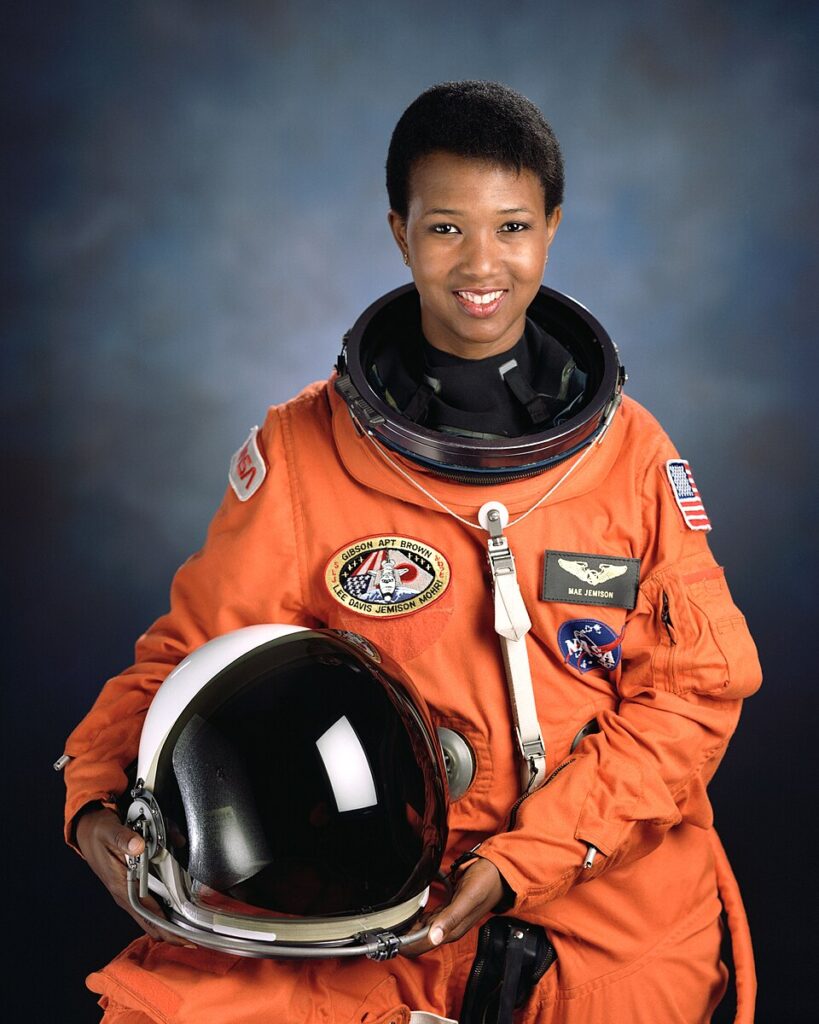
Mae Jemison was the first Black woman in space, flying aboard the Space Shuttle Endeavour in 1992. But she’s more than an astronaut, she’s also a physician, engineer, and advocate for science education. Jemison encourages students, especially girls of color, to pursue STEM and dream big. Her career proves that no frontier, on Earth or beyond, is off-limits to those with ambition and passion.
10. Rachel Carson
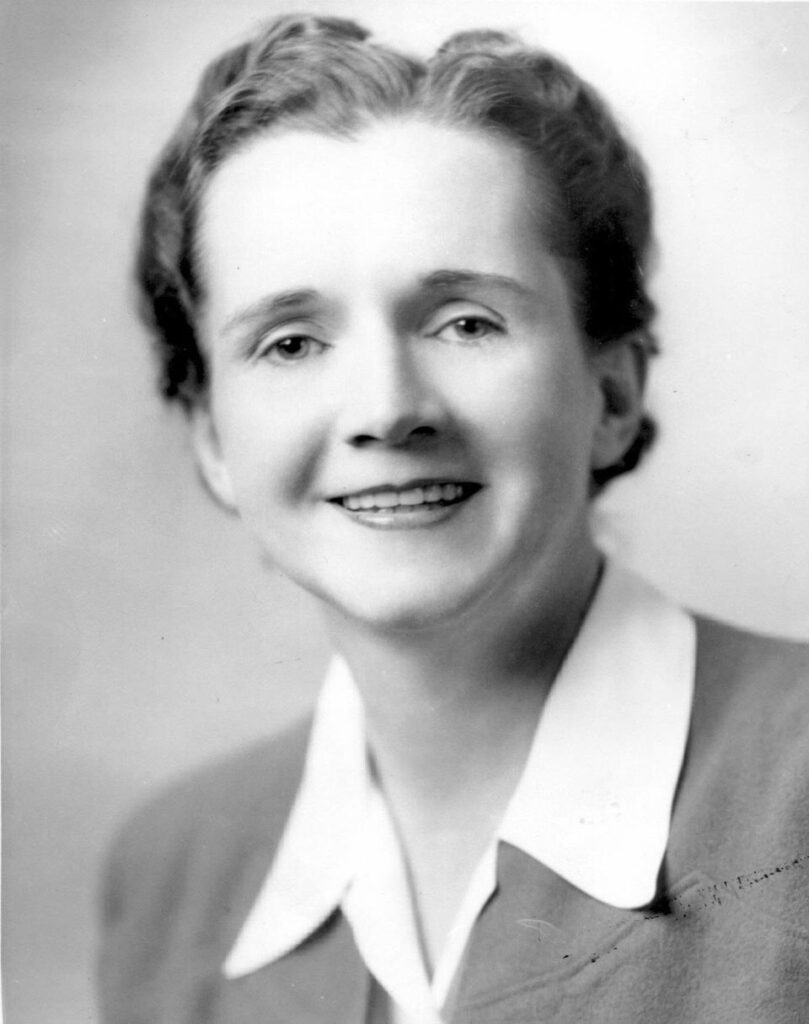
Rachel Carson sparked the modern environmental movement with her book Silent Spring, which exposed the dangers of pesticides. Her work challenged powerful industries and inspired new laws to protect nature. As a marine biologist and writer, Carson combined science and storytelling to wake the public up to ecological damage. Her voice still echoes in debates over climate, conservation, and clean air.
11. Tu Youyou
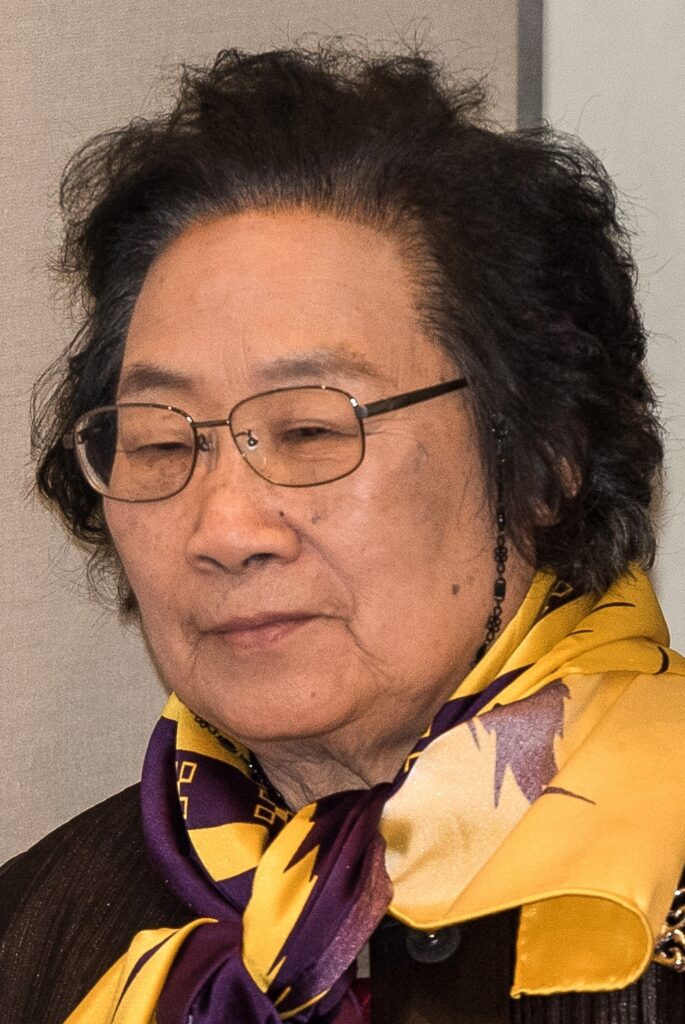
Tu Youyou helped save millions of lives by discovering artemisinin, a powerful treatment for malaria. Drawing from ancient Chinese medicine and modern science, her work was revolutionary. Despite limited resources and recognition early on, Tu’s dedication led to a Nobel Prize in 2015, the first awarded to a Chinese scientist for medicine. Her success bridges Eastern tradition with global scientific progress.
12. Donna Strickland

Donna Strickland won the Nobel Prize in Physics in 2018 for her work with high-intensity lasers, becoming only the third woman ever to do so. Her research made it possible to create incredibly precise laser pulses, used in eye surgeries and industrial applications. Strickland wasn’t even listed on Wikipedia before winning the prize, a reminder that many brilliant women work in quiet obscurity.
